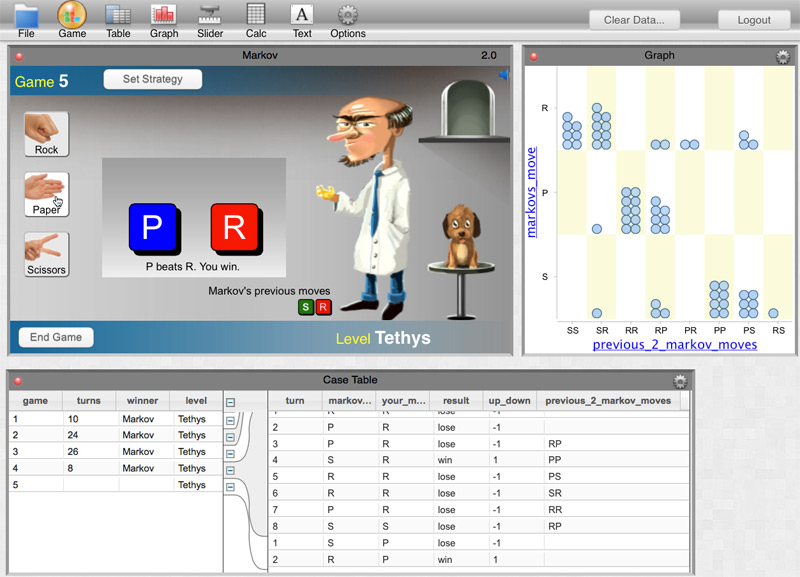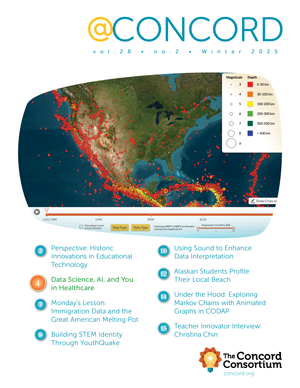Common Online Data Analysis Platform

Think of problems confronting the world: hunger, violence, disease, inequality and more. Now think of questions to be answered about the brain, the origin of the universe, how children learn and human behavior. What do they have in common?
It has become impossible to solve any of these problems and questions without people who are really good at working with data, people who can get data to show its patterns, reveal its buried treasure, and suggest answers and solutions. The gap between the number of people who can do this work and the number needed is large, and growing. Where will they all come from?
Part of the answer lies in doing a much better job getting kids accustomed to working with data. Data are truly everywhere! Students could have exposure to data at every grade level and in every course from science to math, and history to physical education.
Technology has powered the data revolution by making it possible to gather, store, access, visualize, analyze and archive vast quantities of data. And kids will only learn to harness data if they are facile with such technology.
Thanks to funding from the National Science Foundation, the Common Online Data Analysis Platform (CODAP) project is creating software that can be used by curriculum developers to get students working with data—in any subject area. CODAP is free and runs in a web browser. It’s also open source, which means that any developer can modify it.
CODAP is building on the NSF-funded Data Games project (play.ccssgames.com), directed by Bill Finzer, creator of Fathom. Play the “Rock, Paper, Scissors” game to rescue Madeline the dog from the evil Dr. Markov. Once you learn to read the graph with all the dots, you’ll be able to beat Markov; in fact, you’ll be able to set up a strategy that beats him quickly.
One of CODAP’s keys to success is working with other successful projects. Collaborators include the Ocean Tracks project at EDC, Terra Populus at the University of Minnesota and the InquirySpace project here at the Concord Consortium. By building data analysis capabilities for disparate projects, CODAP will develop more flexibility and become a more powerful data analysis environment.
The ultimate goal of CODAP is to create a community of educators and developers who are actively working on bringing data into classrooms, so today’s students become tomorrow’s data scientists.
Like Us, Follow Us
We’re thrilled to have you as friends and followers. Get the latest updates on happenings at the Concord Consortium by following us on these sites.
